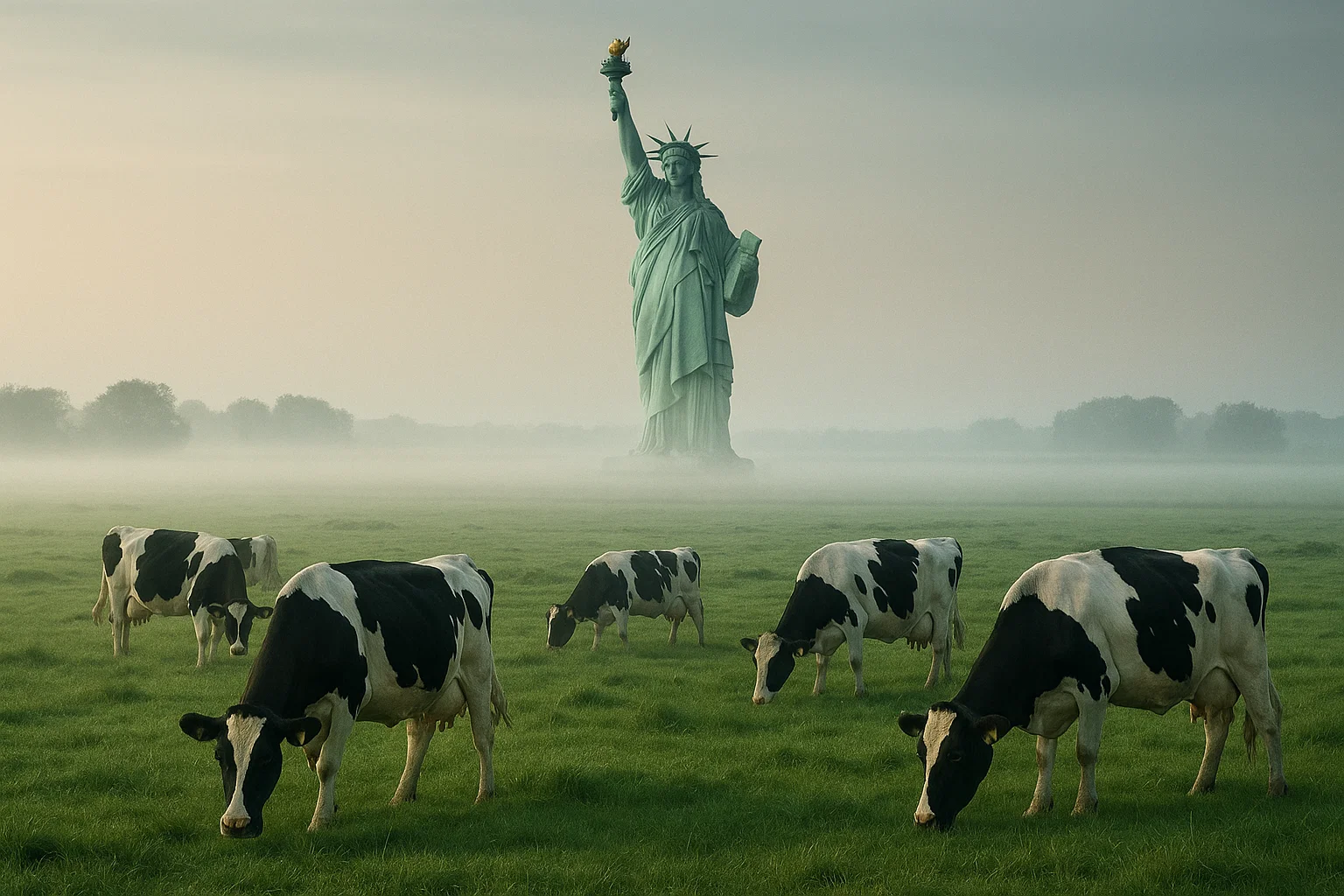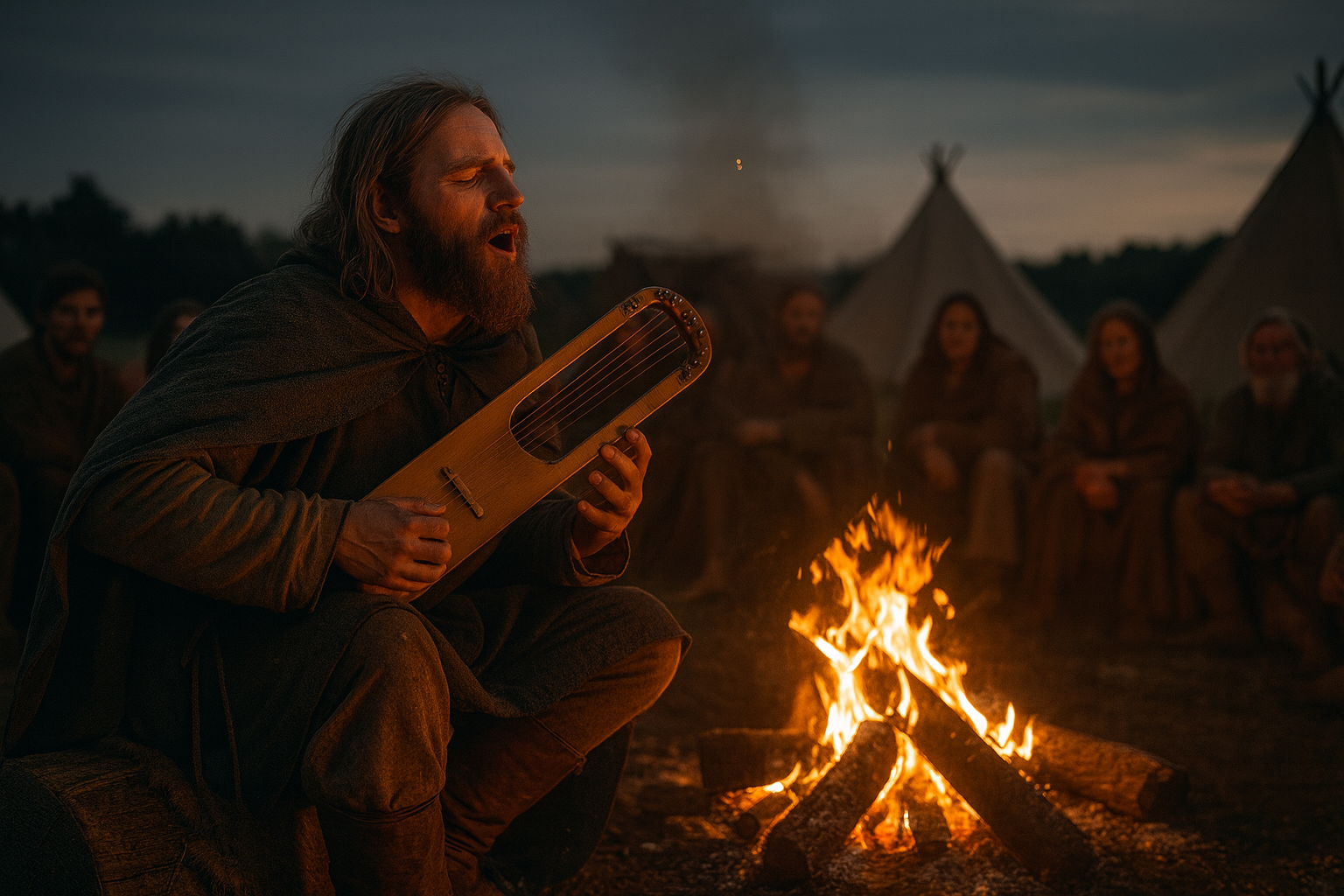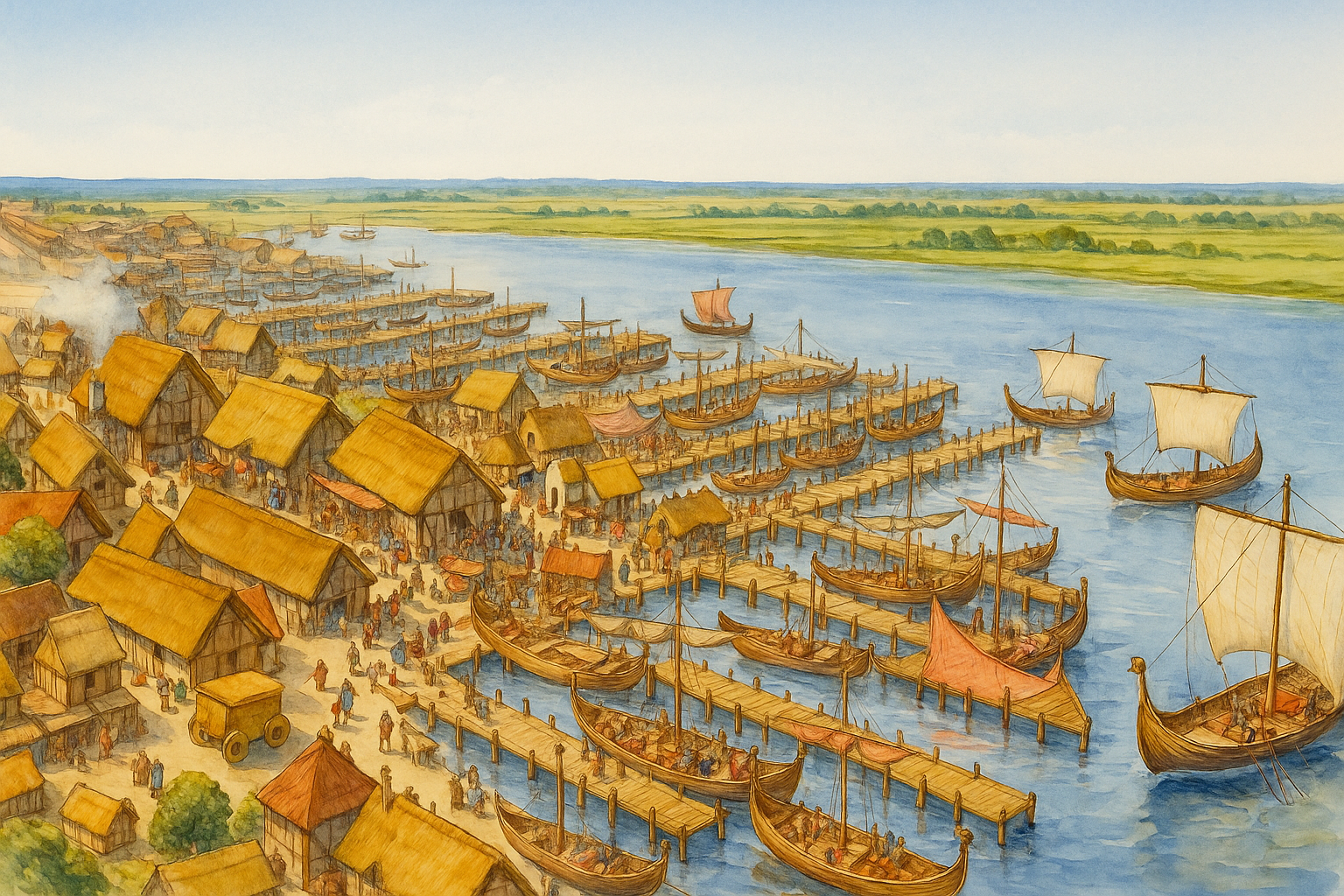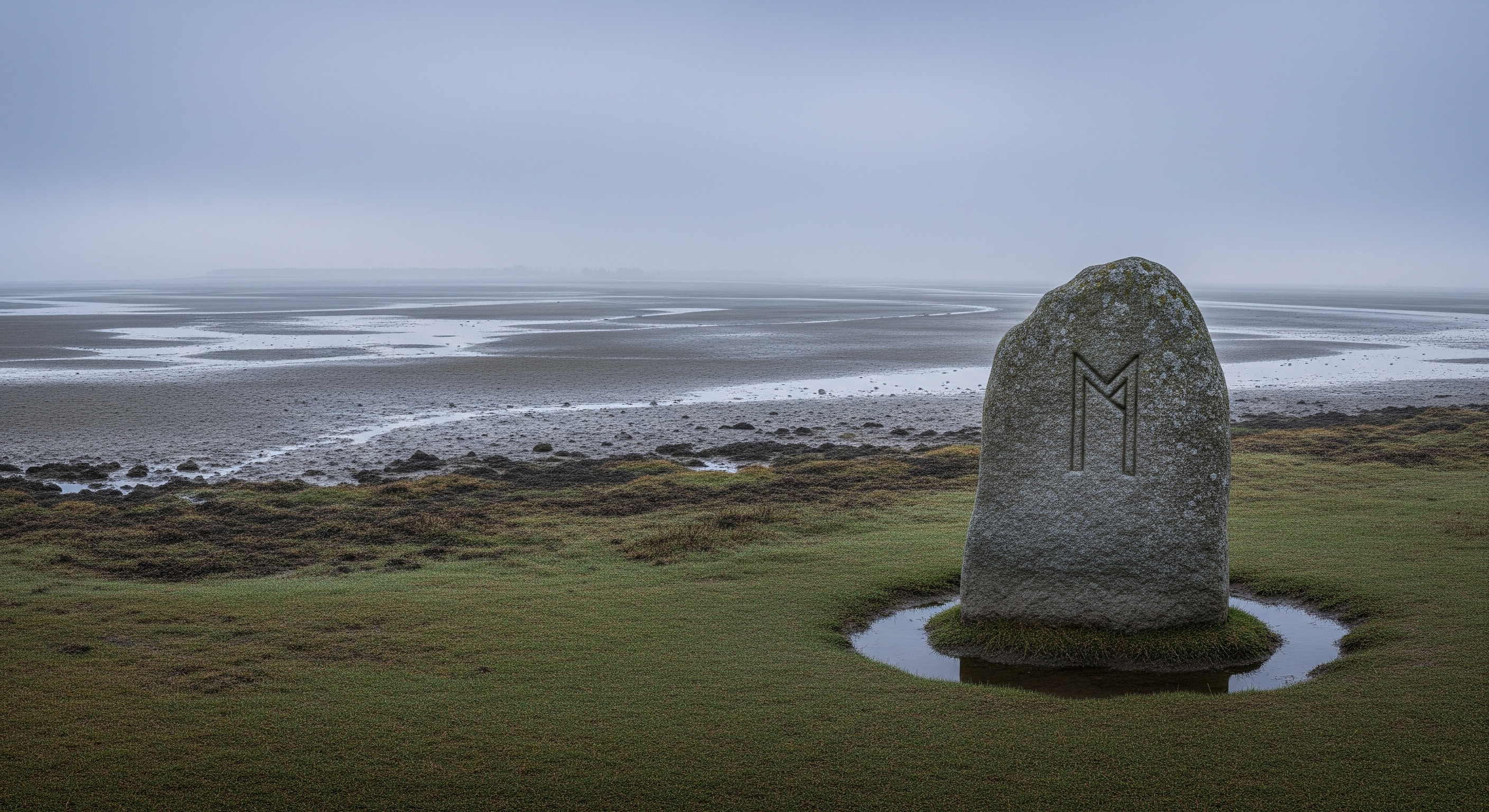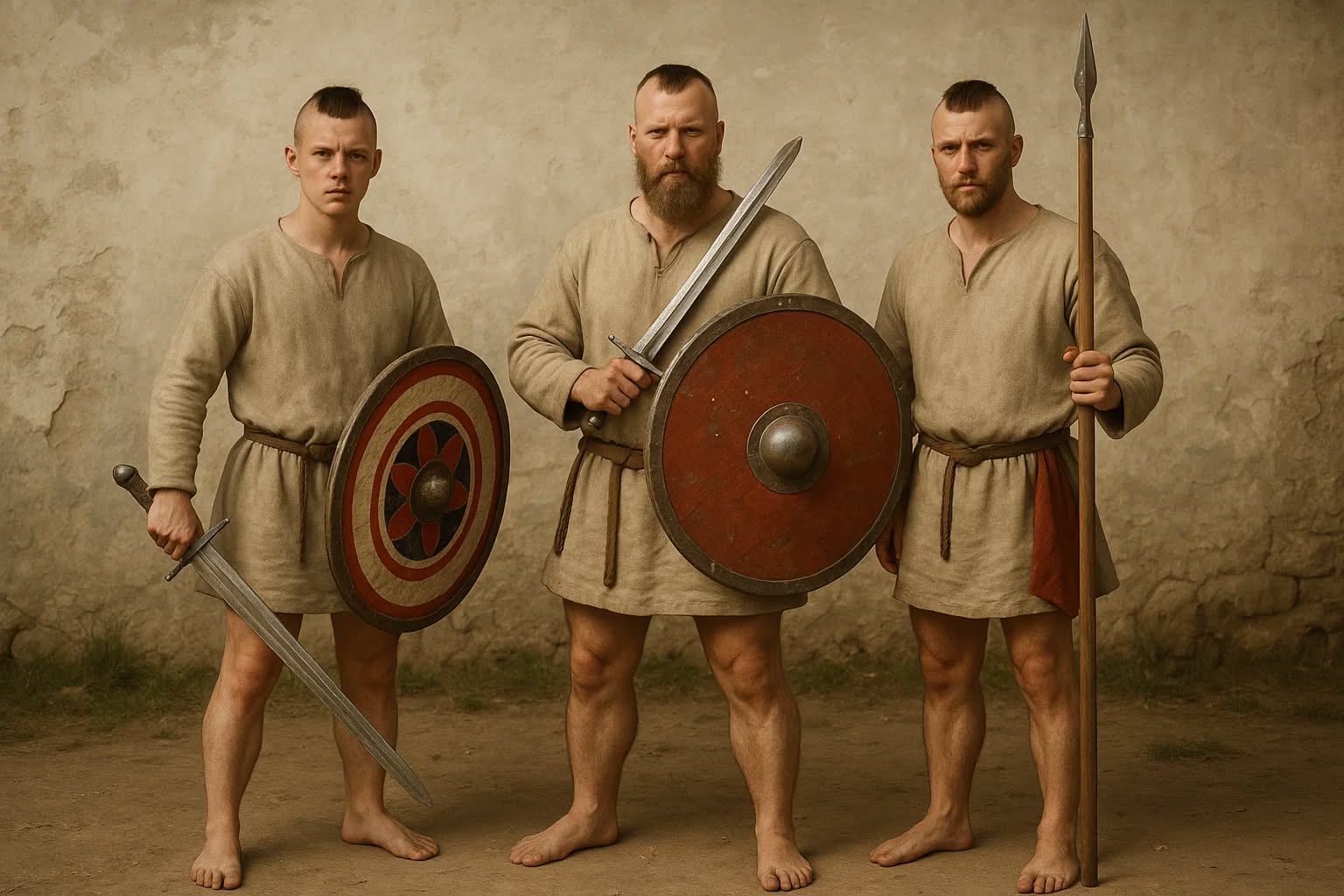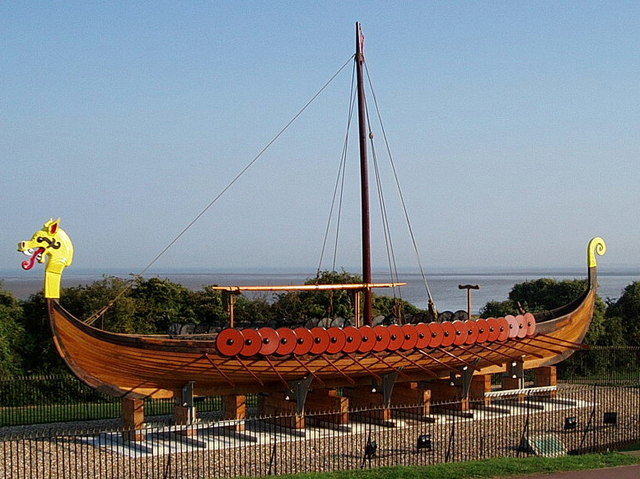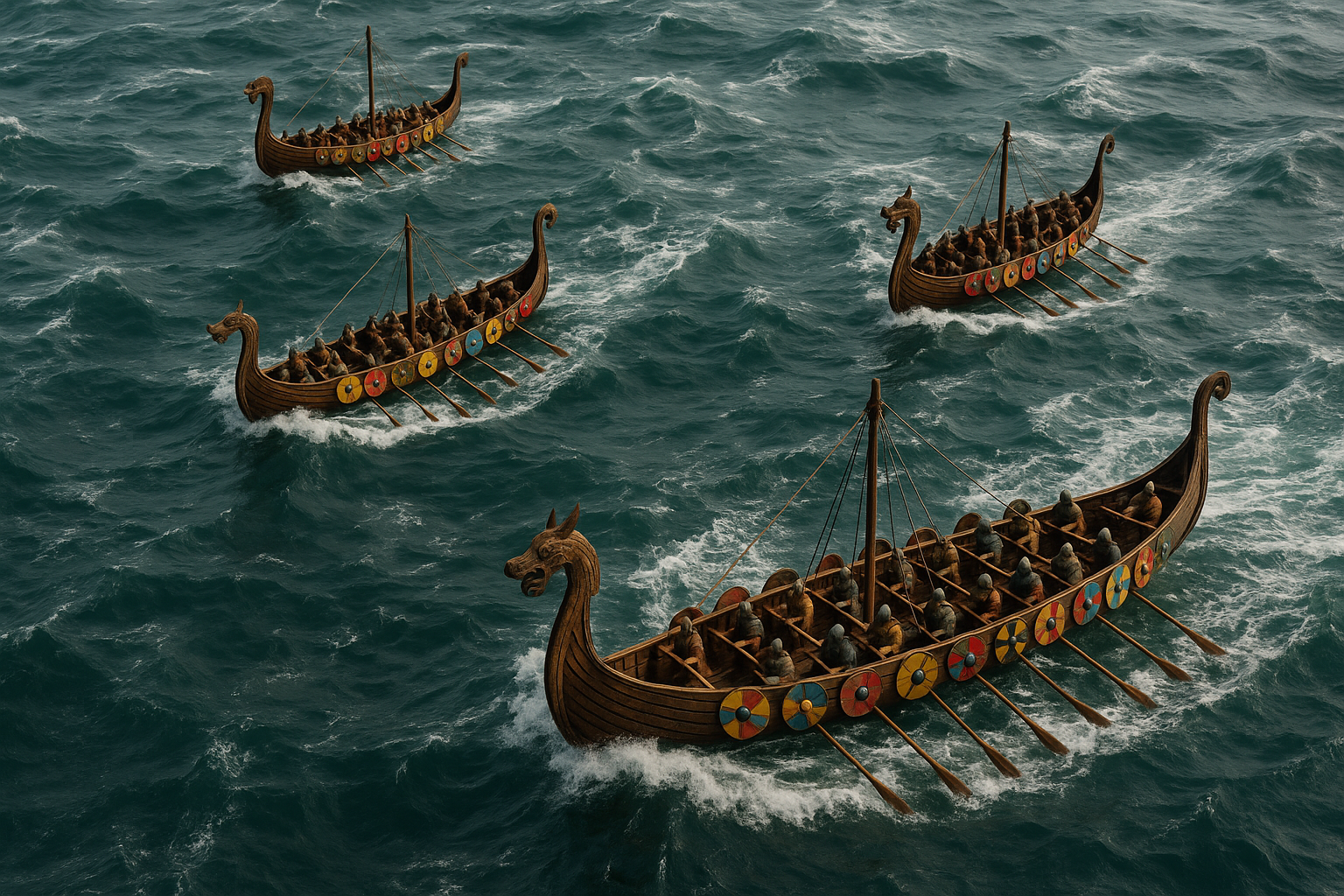
Anglo-Frisian History and Culture
Exploring the shared heritage of the Anglo-Saxons and Frisians
The Anglo-Frisian Connection
The Anglo-Frisian peoples share deep linguistic, cultural, and historical connections that date back to the Migration Period (400-800 CE). As part of the North Sea Germanic or Ingvaeonic branch of the West Germanic languages, Old English and Old Frisian were once so closely related that they were nearly mutually intelligible.
This website explores the shared heritage of these coastal peoples who shaped the history of Northwestern Europe and set the foundations for English culture and language.
Anglo-Frisian Cultural Exchange
The North Sea served not as a barrier but as a highway connecting the coastal peoples of northwestern Europe. Cultural exchange flowed freely between what is now England, the Netherlands, Germany, and Denmark, creating a shared heritage that can still be traced in language, architecture, and traditions.
Featured Articles
Featured Topics
Language Connections
Explore the fascinating similarities between Old English and Old Frisian, two closely related Ingvaeonic languages.
Learn MoreShared History
Discover the historical journeys of the Angles, Saxons, Jutes, and Frisians during the Migration Period.
Learn MoreAncient Beliefs
Uncover the pre-Christian beliefs, deities, and mythological concepts shared across Anglo-Frisian cultures.
Learn MoreResearch Resources
Access carefully curated links to dictionaries, manuscripts, academic projects, and recommended books.
Explore ResourcesWhy "Ealdlar"?
The name "Ealdlar" combines the Old English word "eald" (old) with "lār" (learning, knowledge). Together, they form "ancient knowledge" or "old wisdom" – reflecting our mission to preserve and share the rich heritage of the Anglo-Frisian peoples.
"The Anglo-Frisian connection represents one of the most fascinating linguistic and cultural bridges in early medieval Europe, yet remains underexplored in popular history."
Journey Through Time
From the misty shores of the North Sea to the rolling hills of Britain, discover the epic story of the Anglo-Frisian peoples.
Language
"Ald Englisc and Ald Frisisc tō gelīcnesseum maniġum cuman."
Old English and Old Frisian have many similarities.
History
"Þa cōmon hī of þrīm mǣgþum: of Anglum, of Seaxum, of Ēotum."
They came from three tribes: from the Angles, from the Saxons, from the Jutes.
Culture
"Hwīlum gamen-wudu grēteð, hwīlum gied wrecan."
Sometimes the harp sounds, sometimes tales are told.
